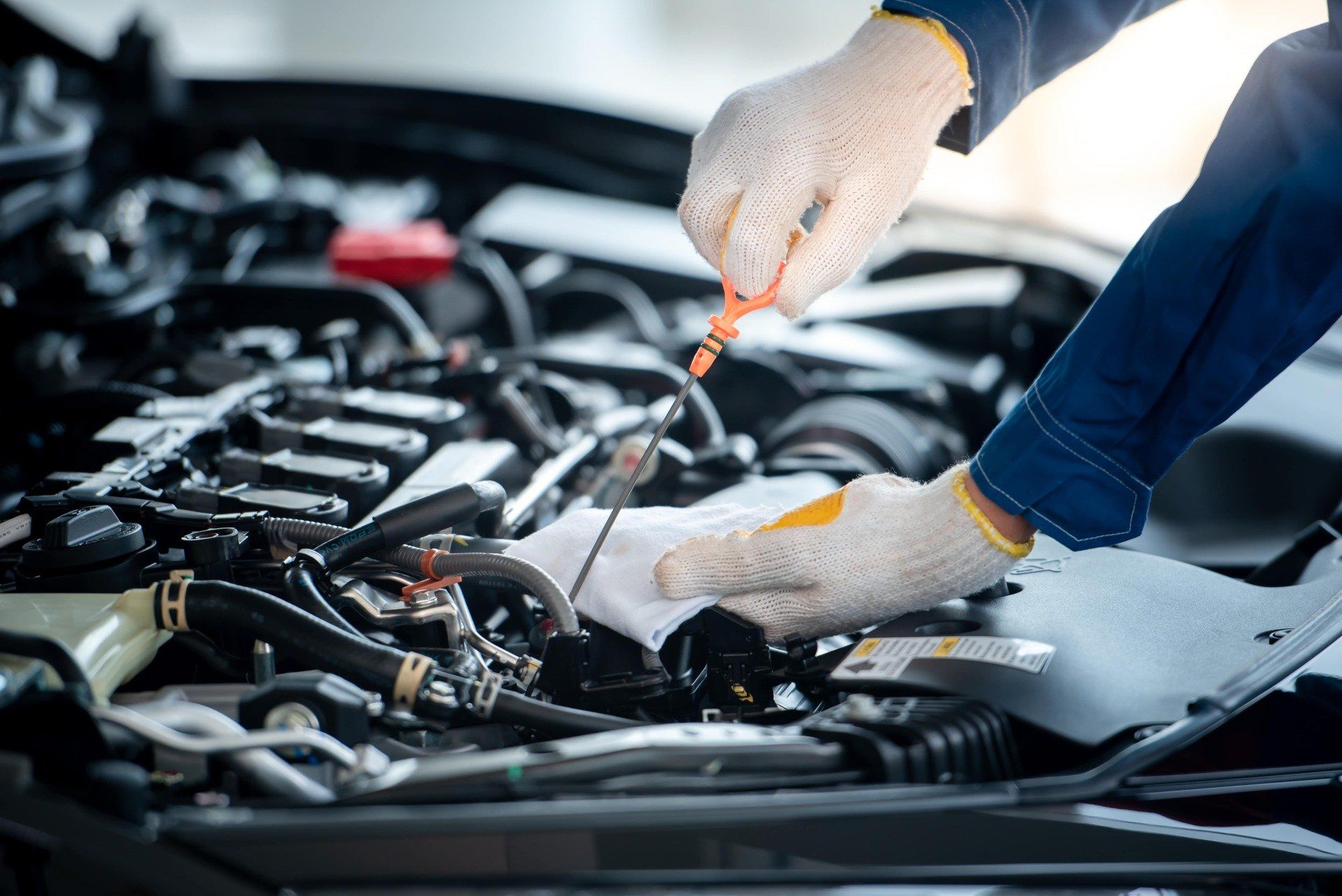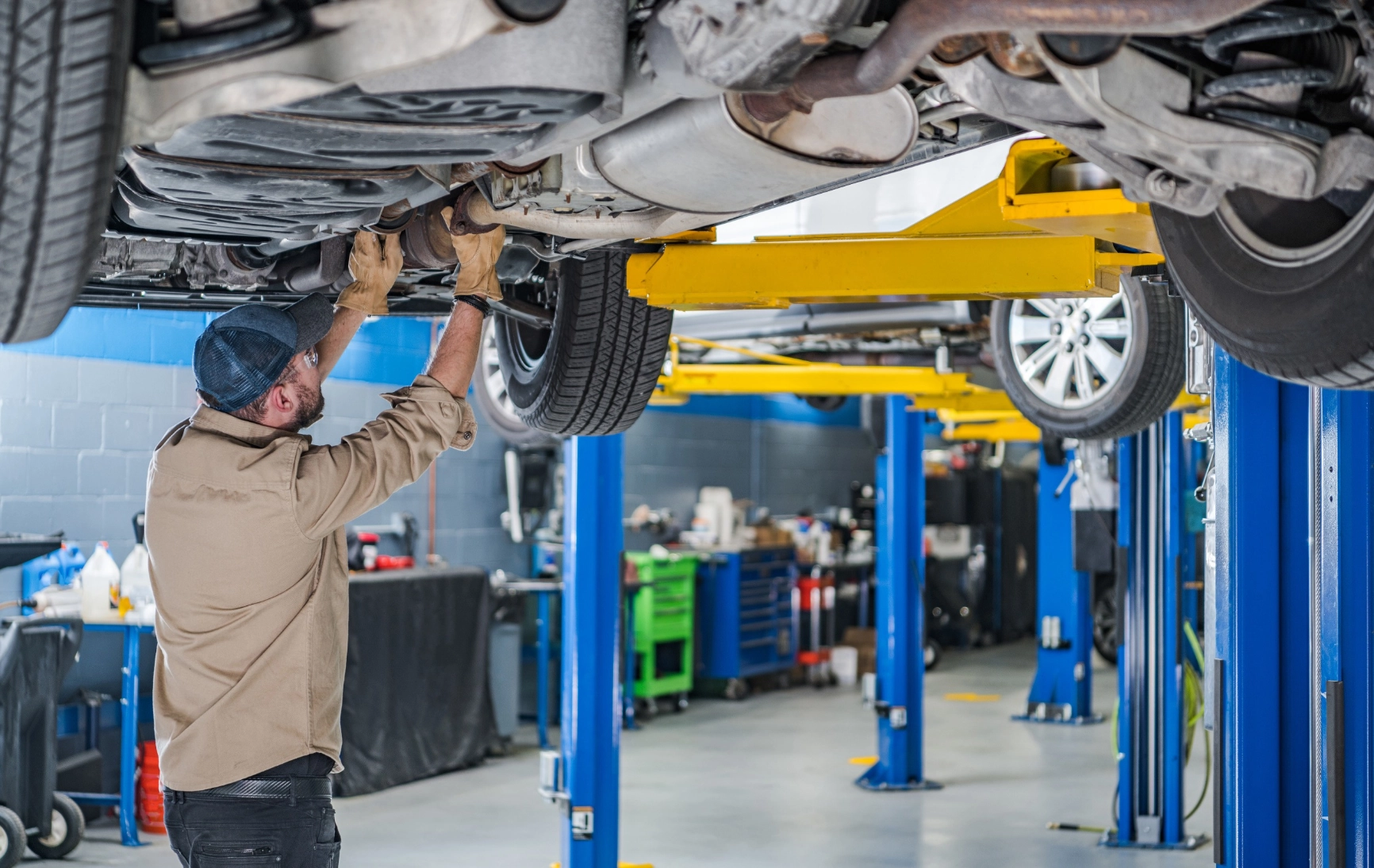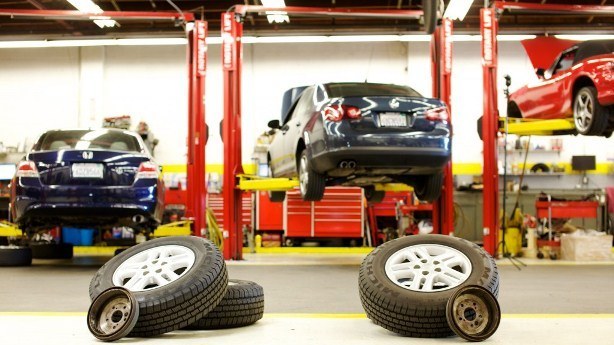All Categories
Featured

When it concerns car maintenance, the brakes are arguably one of the most crucial system for guaranteeing your safety and security. Your brakes have to function efficiently to prevent crashes and respond promptly in emergencies. Routine brake inspections are important to keeping your stopping system in leading condition. Comprehending when and exactly how to check your brakes can conserve you from harmful scenarios and costly repair services down the road. Below's a guide to aid you remain on top of brake evaluations.
- Why Brake Evaluations Are Crucial. Brakes are developed to use down over time, but without normal evaluations, you may not see when they come to be less efficient. A malfunctioning brake system can lead to serious crashes, enhanced repair work costs, and even the demand to change other lorry elements.
Brake evaluations not only assist you capture prospective issues before they rise, but they additionally enable far better braking efficiency, enhanced lorry lifespan, and boosted safety and security.
- Recognizing Caution Indications for Brake Problems. While regular inspections are vital, you do not need to wait up until your cars and truck's following visit to the technician. View for these indication that might indicate it's time for an assessment:
Uncommon Noises: A piercing squeal or grinding noise when applying the brakes often signals that the brake pads are worn down or harmed. Soft or Squishy Brake Pedal: If the brake pedal really feels soft or mushy when pushed, there might be air or dampness in the brake lines, or the brake liquid may be low. Pulling away: If the lorry draws to one side while braking, it might indicate uneven brake pad wear or a hydraulic concern in the brake system. Vibration in the Wheel or Pedal: If you experience vibration or pulsation when stopping, it may suggest deformed rotors or unequal brake pad wear. Raised Quiting Range: If it takes longer than common to bring your vehicle to a stop, it might be time to check the brake pads, liquid levels, or blades. If you see any one of these signs, it's ideal to have your brakes examined right away by an expert.
- Key Elements Checked During a Brake Inspection. Throughout a brake inspection, a certified technician will certainly examine a number of essential parts of the brake system to ensure they're working effectively. Some of the most important components to evaluate consist of:
Brake Pads: These are the rubbing product that presses versus the brake rotor to reduce the vehicle. With time, the brake pads use down and require changing. Brake Rotors: Rotors are the steel discs that the brake pads clamp down on. They need to be smooth and devoid of deep grooves or splits. Brake Liquid: The brake liquid moves the pressure from the pedal to the brakes. Low fluid degrees or old, polluted liquid can lead to inadequate braking efficiency. Brake Lines: Brake lines lug fluid from the master cylinder to the brake elements. They need to be looked for leakages, splits, or damage. Brake Calipers: These clamp the brake pads onto the blades. They ought to be in excellent functioning order and without leaks. Frequently checking these parts ensures your braking system works efficiently and aids you prevent harmful driving scenarios.
- How Frequently Should You Get Your Brakes Evaluated? The regularity of brake inspections depends upon your driving habits and the kind of car you have. As a basic standard, it's advised to evaluate your brakes at the very least when a year or every 12,000 miles. However, if you drive in rush hour, regularly carry heavy loads, or drive on sloping surface, even more constant assessments might be required.
It's additionally an excellent concept to have your brakes checked if you notice any of the indication pointed out previously, as this can protect against extra significant concerns.
- The Expense of Overlooking Brake Inspections. Overlooking routine brake assessments can cause major effects. Worn brake pads, damaged rotors, or reduced brake liquid can create your stopping system to fall short when you need it most. Along with the safety and security risks, ignoring brake upkeep can bring about expensive repair work later on.
For circumstances, if the brake pads are not changed in time, the damage might reach the rotors, bring about the demand for blades replacement-- a costly fixing. By organizing normal brake inspections, you can prevent these pricey fixings and maintain your stopping system in excellent condition for longer.

- What Occurs Throughout a Brake Assessment? A professional mechanic will execute a comprehensive evaluation of your automobile's stopping system, consisting of inspecting for the following:
Brake Pad Density: Brake pads require to be replaced when they have used down to a specific thickness. Rotor Condition: The technician will examine the rotors for indications of wear, warping, or racking up. Brake Fluid Degree: Reduced brake liquid can affect stopping efficiency. The auto mechanic will inspect the liquid level and restore it if needed. Brake Line Honesty: The brake lines will be checked for any kind of leakages or cracks that can jeopardize the brake system. Once the inspection is full, the auto mechanic will certainly inform you of any kind of needed repair work or replacements.
Conclusion: Remain Safe with Normal Brake Inspections. Your brakes are necessary to maintaining you and your guests safe when traveling, so regular brake examinations ought to never ever be overlooked. By taking notice of indication, organizing routine brake checks, and addressing issues quickly, you can make sure that your brakes are constantly in top form.
Don't wait up until your brakes stop working-- remain proactive regarding brake maintenance. A little financial investment in brake evaluations today can save you from expensive repair work and dangerous situations in the future.
Latest Posts
Uncover the Premier Auto Repair Coupons in Montclare, Chicago
Check Out Premier Auto Repair Care offered by Montclare Auto Repair – Drive with Confidence
Enhance Your Building with Overhead Door Equipment
More
Latest Posts
Uncover the Premier Auto Repair Coupons in Montclare, Chicago
Check Out Premier Auto Repair Care offered by Montclare Auto Repair – Drive with Confidence
Enhance Your Building with Overhead Door Equipment
